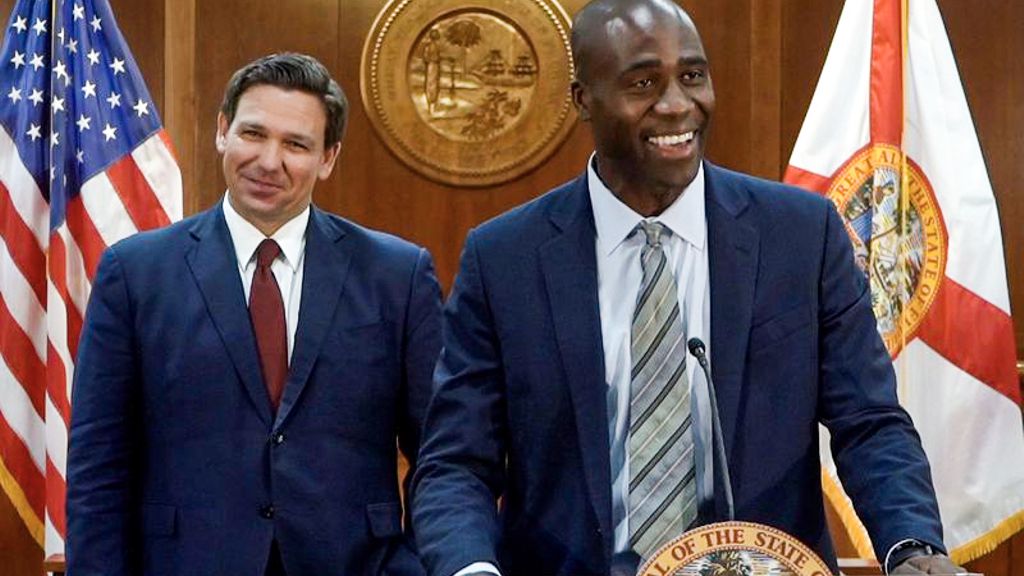The emergency request came after a federal district judge directed the government to release the funding.
The Trump administration asked the U.S. Supreme Court on Sept. 8 to permit it to withhold billions of dollars in foreign aid previously authorized by Congress.
The Department of Justice (DOJ) asked the justices to pause a ruling by U.S. District Judge Amir Ali, who ordered the federal government to spend about $4 billion in previously appropriated funds.
The money is earmarked for foreign aid and United Nations peacekeeping projects.
The emergency application was filed in two cases, Trump v. Global Health Council, and U.S. Department of State v. AIDS Vaccine Advocacy Coalitions.
Solicitor General D. John Sauer said in the new application that this is the third time in this case that Ali “has issued an unlawful injunction that precipitates an unnecessary emergency and needless interbranch conflict.”
In February, Ali gave the federal government 36 hours to pay roughly $2 billion in invoices for past foreign-aid work, which Sauer called “an impossible task,” and one that the judge lacked authority to order. The Supreme Court ended the dispute by granting an administrative stay, a court order that gives the justices more time to consider a matter.
After the deadline was lifted, the government paid “virtually all of the contested amounts,” Sauer said.
Next, Ali issued a “novel injunction requiring the government to obligate tens of billions of dollars in foreign-aid appropriations on the theory that failing to do so constituted an unlawful impoundment in violation of the Constitution and the Impoundment Control Act of 1974.” The U.S. Court of Appeals for the District of Columbia Circuit lifted that injunction and that court allowed its ruling to come into effect on Aug. 28, Sauer said.
Now that its original theory has been “decisively rejected,” the district court precipitated a new emergency “by issuing a version of the same injunction near midnight on September 3.”
Again, the district court is forcing the government to obligate about $10.5 billion in foreign-aid funding that was due to expire on Sept. 30. But now the government has been left “with even less time for further review or compliance, with even more deficient legal theories,” Sauer said.
Sauer said the government already intended to obligate $6.5 billion of that funding by Sept. 30, but Ali’s order regarding the remaining $4 billion “raises a grave and urgent threat to the separation of powers,” a constitutional doctrine that divides the government into three branches to prevent any single branch from accumulating too much power.








